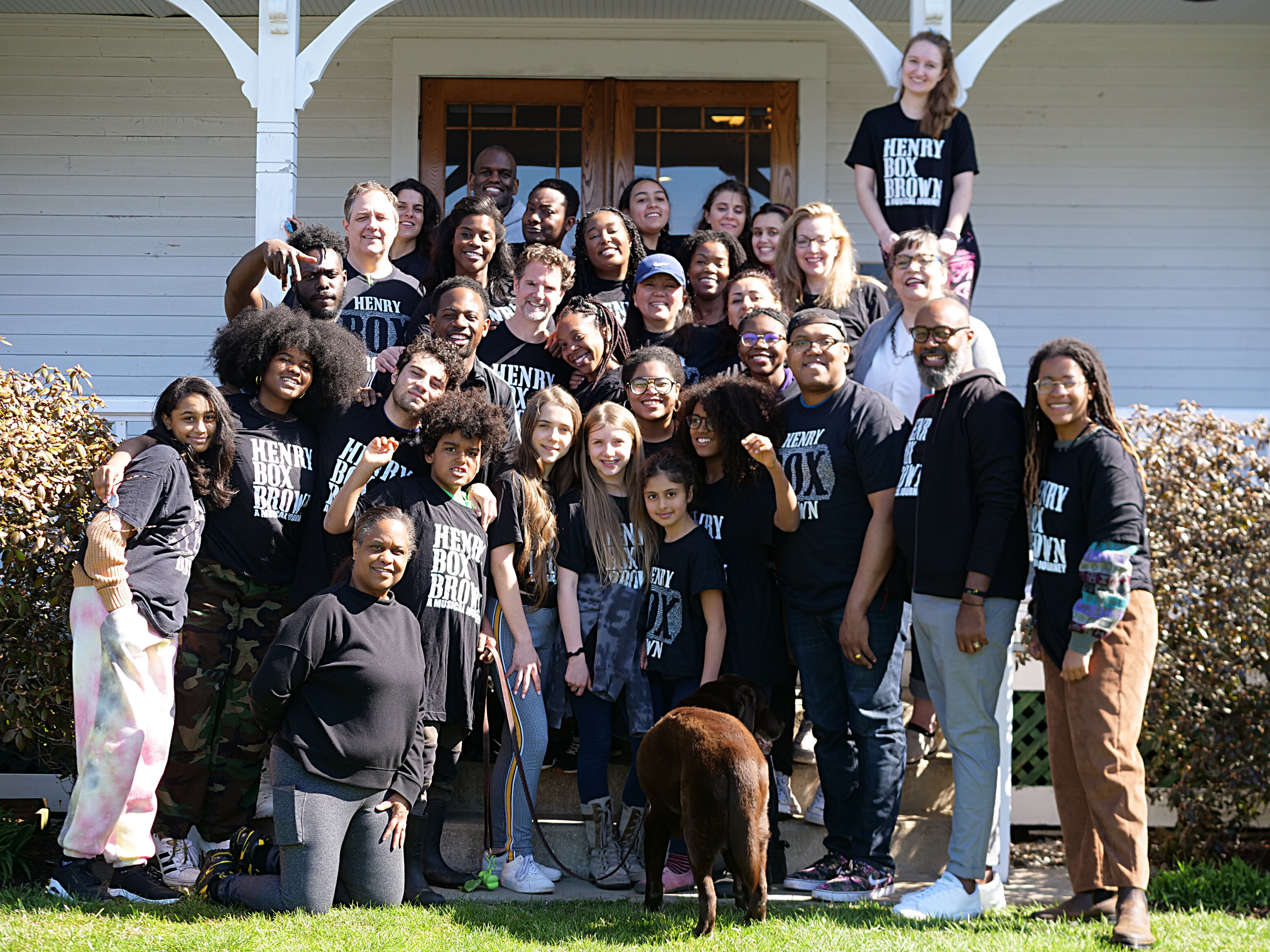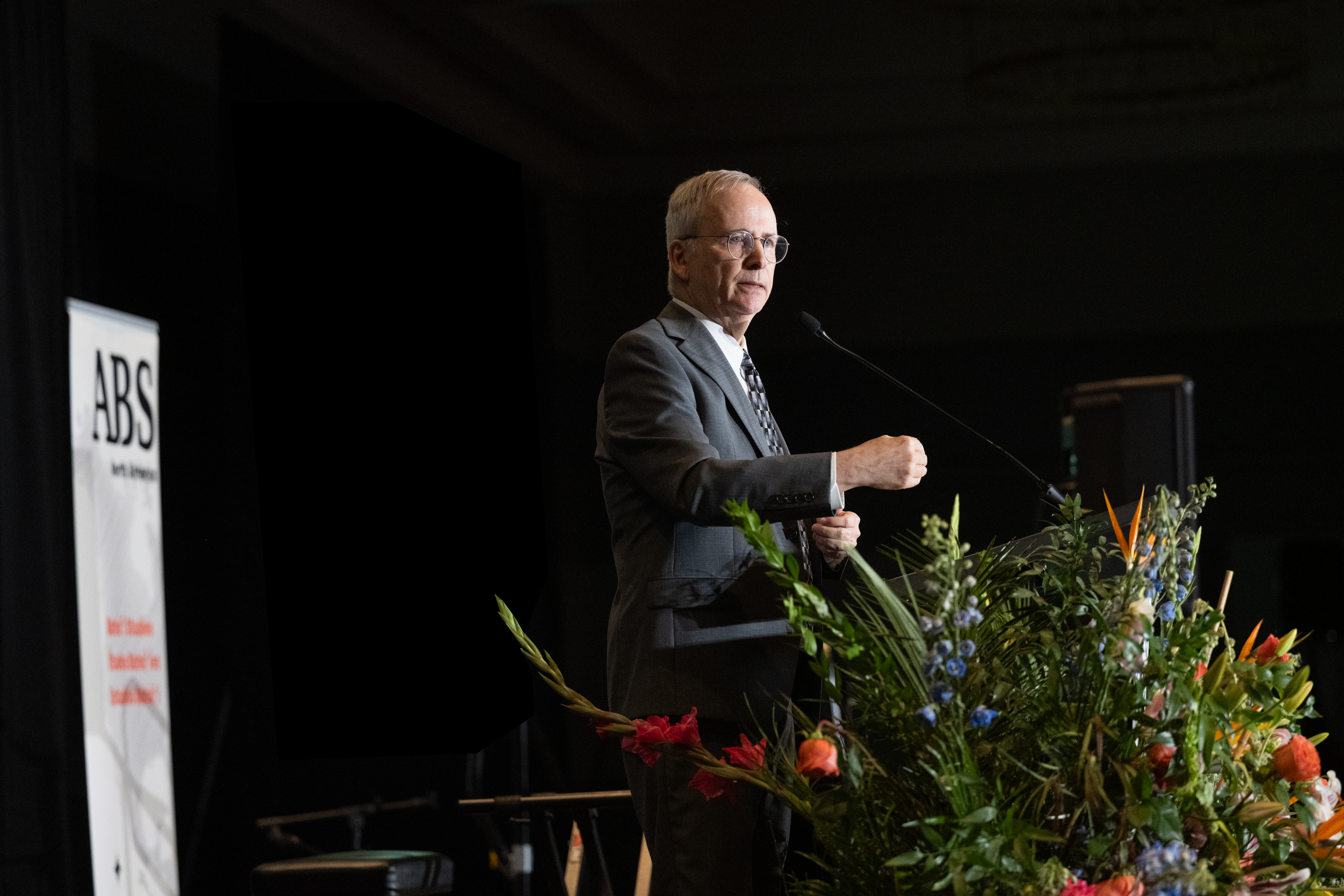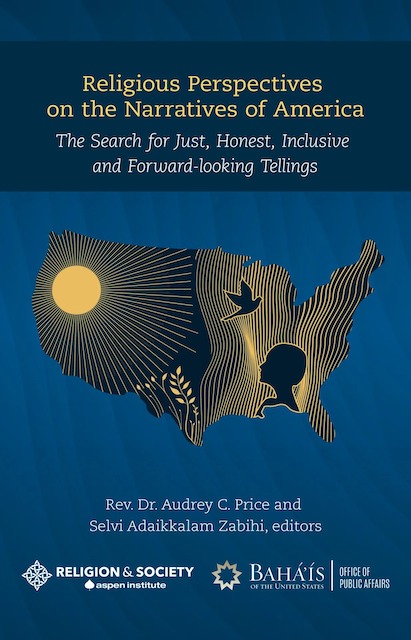
Professor prepares future educators by ‘entering the space with love’
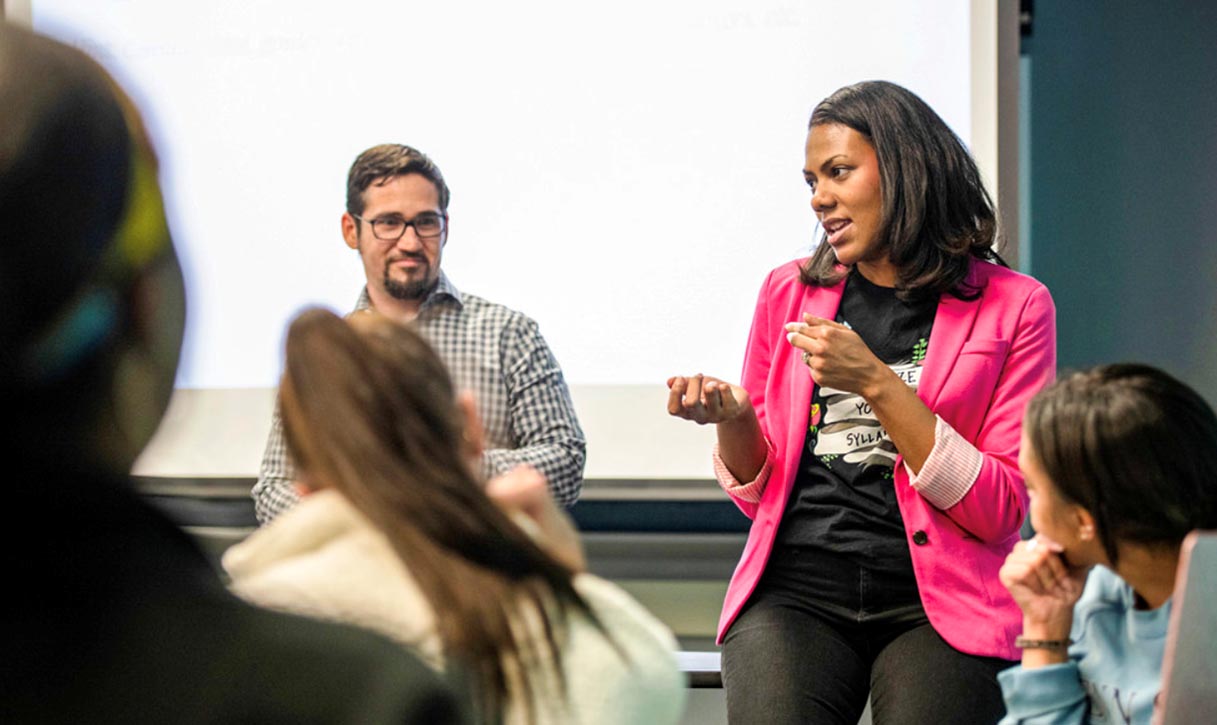
By Layli Miron
Recently in a class at Pennsylvania State University, the instructor, Ashley Patterson, asked the class of 25 students: How many had ever been into the house of someone of a different race? One raised a hand.
Then: How many ever had a meal with someone of a different race? Two.
The class was filled with prospective schoolteachers. Patterson is an assistant professor in the Curriculum and Instruction Department of the university’s College of Education. And she finds this lack of diverse relationships particularly worrisome in rising educators who will be teaching children like her sons, Davis, 9 and Cooper, 2.
A key to her approach in such cases: “Entering the space with love.”
Even as the Baha’i Faith affirms the oneness and equality of all humanity and calls for elimination of all prejudices, she finds a lesson from lifelong participation in the Faith’s community life.
“Sometimes we as Baha’is feel like we’ve gotten a vaccine against being racist or perpetuating racist ideas, but we’ve grown up in a society where anti-Black, anti-Indigenous biases are woven in,” she reflects. “No one can be completely free from the effects. … [We must] think about what we don’t know … and grow our understanding.”
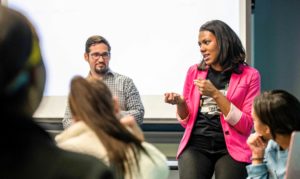
Patterson has dedicated her life as an educator to this kind of uncomfortable but transformative growth, and she says her professional and spiritual lives are mutually informing.
She was raised as a Baha’i by her mother with the support of her Christian father. “Growing up, I was constantly in and out of households of people of different backgrounds,” she recalls. The Baha’i teachings also influenced her philosophy of “leading with love because we’re all here sharing the Earth together — not because we like the same things or have an obligation.”
Patterson brings this belief into her work with the future educators in her classes, telling her students that “the most important orientation you have when entering into a classroom is love, that you really love all of your students.”
She has encountered some resistance to this view. She recalls one particularly difficult semester when she found herself often wondering, “How do people not know it’s racist or sexist or ethnocentric to say certain things?” But she realized that “we’re not trained to think about each other like that in dominant American culture, and we also don’t have ready access to people who are different from us.”
To address this gap in teacher training, Patterson has been working with her colleague Efraín Marimón to build a new academic minor titled Social Justice in Education, which launched in fall 2020. In the minor, undergraduates—from the College of Education as well as other colleges—pair knowledge and action, since “you can know a lot about diversity, inclusion, equity, but if you’re not enacting them, it’s not social justice.”
To translate knowledge into action, several of the minor’s courses (three of which Patterson and Marimón built from scratch) are community-engaged. Students are required to take at least two courses that put them in partnership with the community and can choose from options to work in a variety of educational spaces—in State College, Pennsylvania; Washington, D.C.; Ecuador or Ireland.
For the minor’s culminating project, they carry out an idea based on their passion, consulting with different stakeholders along the way. This consultation process ensures that, rather than being mere “volun-tourists,” students are learning how to fully engage those they serve.
Last year, for her efforts including the Social Justice in Education minor, Patterson was awarded the College of Education’s Cotterill Leadership Enhancement Award.
She has also taken the lead on projects in the local Baha’i community. Last summer she facilitated a study of relevant literature that welcomed both Baha’is and members of the wider community into discussions on how white people can advance racial justice.
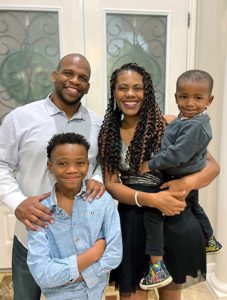
In the midst of the racial trauma of summer 2020, which was especially acute for Black people like her, Patterson says this group study “warmed” her. “Being with other people who wanted to grow was something to embrace,” she reflects.
Patterson says working toward justice is “a day-to-day challenge,” for her and husband, Omari Patterson, as they raise two Black boys. It’s not always easy to reconcile “a Baha’i understanding of the world where we’re all one” with the anti-Black racism that inevitably affects Davis and Cooper, she says.
Anyone can find ways to grow in the arena of social justice, Patterson says. She recommends working toward becoming “disruptors of bias and racism” by asking oneself, “How can you amplify voices that don’t have as much as a chance as yours does to be heard?” On a practical level, “if you see someone is getting talked over, or credit for a minoritized person’s idea is getting taken by another person, interrupting those types of non-inclusive situations is a way that we can be positively impacting social justice.”


